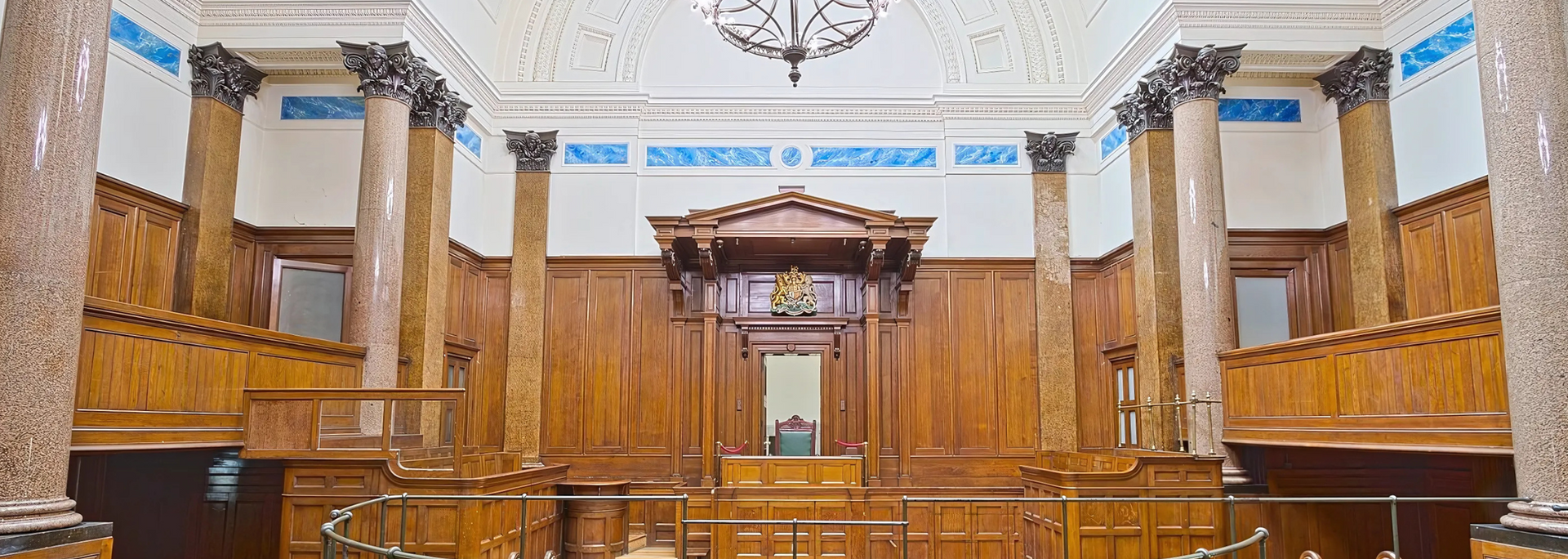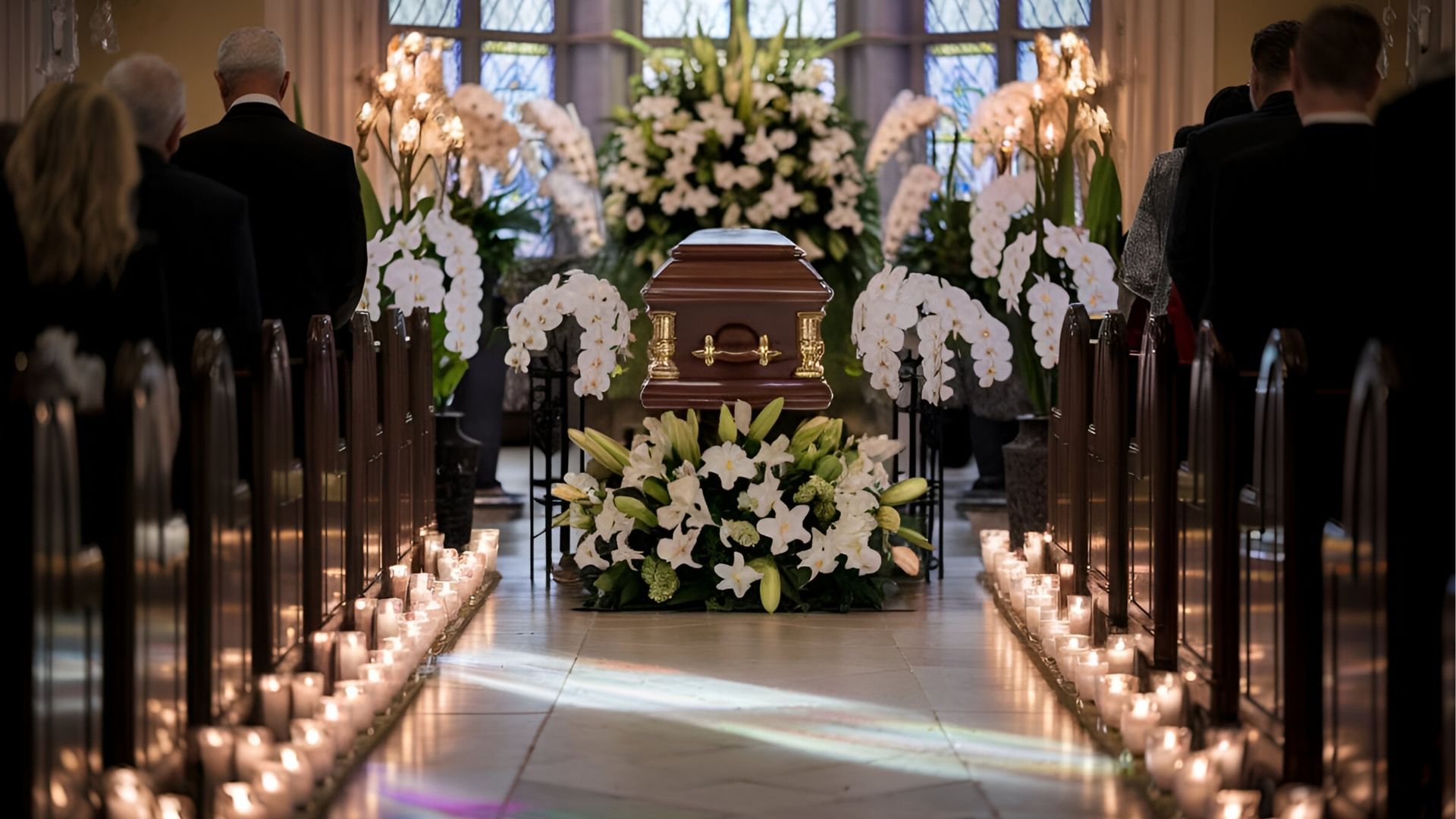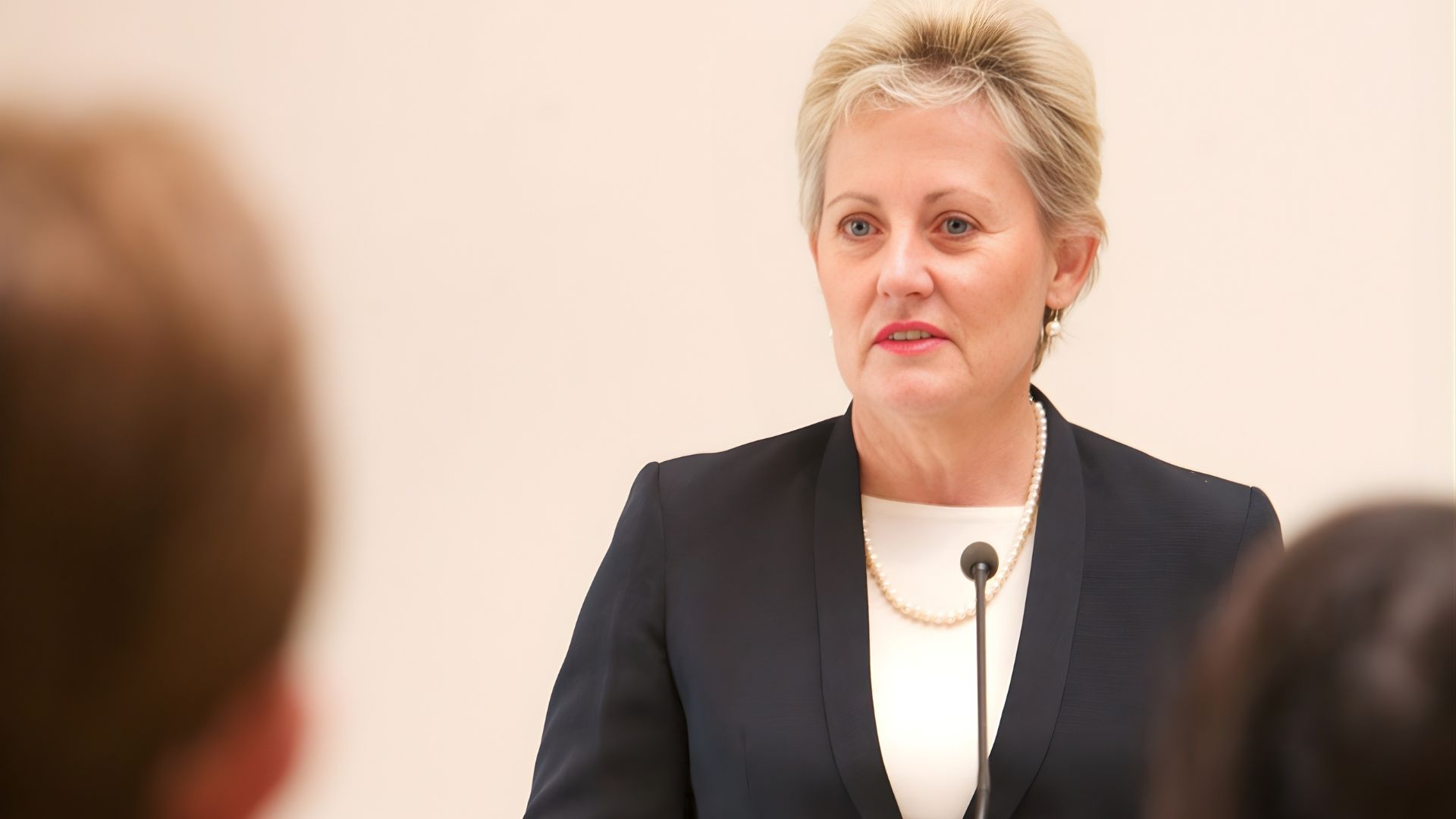Probate and inheritance: what an executor cannot do
When a person dies, the executor of their estate has lots of responsibilities. But what can they NOT do? Find out in our easy-to-follow guide.

When a person dies and leaves a will, they name an executor. This is the person who's legally responsible for carrying out the instructions in the will. The executor can be a friend, family member, accountant or solicitor.
The executor will share the money, property and possessions of the person who died with the people named in the will (the beneficiaries). They'll pay debts and handle financial affairs. Sometimes, they'll have extra duties to carry out.
It's a role that comes with lots of responsibilities. But there are limits on what an executor can do. If an executor goes beyond their duties, they can be removed as an executor.
In this guide, we explore what an executor can and cannot do.
What an executor cannot do
Change the will
Executors can't change the terms of the will after the person has died, even if they believe it should be changed because it's unfair. That's because a will is a legally binding document, not a series of recommendations.
If the executor believes a will should be changed, they can apply for a Deed of Variation. This is a document that lets the executor change the will.
The process isn't always easy. All beneficiaries must agree to the terms of the Deed of Variation before it's issued.
If the executor is a beneficiary, they can agree to changes via a Deed of Variation. They can also implement these changes and ask a court for a legal interpretation of the will. Otherwise, their role is simply to carry out the instructions in the will as written.
Act in self-interest
The executor can't act in their own interests. In other words, they can't do anything that means they would benefit personally from their position as the executor. All they can do is carry out the wishes laid out in the will.
That means an executor cannot buy property from the state they're administering. If they do, the other beneficiaries can mount a legal challenge, and the executor can either step down or be forcibly removed.
Make decisions that aren't in the will
The executor can only execute the decisions laid out in the will. They can't make decisions that go against the wishes of the person who died or against the best interests of the estate and its beneficiaries.
But what if the will is unclear or the estate can't cover debts and legacies? In cases like these, the executor can seek court approval to make a decision that isn't in the will.

Ignore court orders
If the court makes an order relating to the estate of the person who died, the executor is legally obliged to comply.
Examples of court orders relating to a will include:
- Orders of probate
- Orders relating to inheritance disputes
- Orders for the removal of an executor
Ignoring a court order is known as "contempt of court". This can lead to a fine, removal from the role of executor or even imprisonment.
If you believe the executor of a will is ignoring court orders, you may want to seek legal advice from a qualified probate lawyer.
Access funds without probate
Managing the assets of the person who died is a key responsibility of the executor. This involves distributing money, property and possessions among the beneficiaries and paying off debts.
Most of the time, an executor needs a Grant of Probate to access and manage the funds of the person who died. This is a legal document that gives them the authority to handle the person's funds.
There are a few exceptions. The first is when a joint bank account or other asset is shared with a surviving spouse or civil partner. In this case, the funds automatically go to them.
If the estate is small, the bank may release the funds without a Grant of Probate. This will depend on the bank's policy.
Finally, funds can sometimes be released without probate for urgent costs. These could include funeral costs or inheritance tax.
What are an executor's responsibilities?
An executor's main responsibility is to carry out the wishes laid out in a person's will. Other responsibilities might include:
- Registering the death
- Arranging probate
- Arranging the funeral
- Contacting the beneficiaries
- Paying off any outstanding debts
- Paying any Inheritance Tax that's due
Not every executor has to carry out all of these responsibilities. For this reason, they should be clear about their responsibilities before they begin.
What if a will is unclear?
Sometimes, a will contains unclear instructions. In this case, the executor must not make decisions on their own. Instead, they should get legal advice from a probate lawyer. They may have to ask the court to interpret the will.
What's most important is that the executor has to get clarification from a third party. It's not their job to make their own decision or to make a moral judgment about the wishes laid out in the will.
Frequently asked questions
What is probate?
Probate is the legal process of dealing with a person's estate (money, property and possessions) when they die. It involves proving that a will is valid and giving permission to the executor to handle the estate.
What is an executor?
When a person leaves a will, they name an executor. This is the person given the responsibility of managing the estate.
What is an estate?
A person's estate consists of all the things they owned. That includes money, property and possessions.
AFD is an independent London funeral director. We work with people of all faiths to arrange personalised funerals that feel right for them. Do you need help because a person has died? Get step-by-step advice on what to do upon death – or browse our blog for more advice on funerals and probate.












